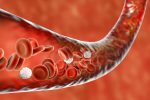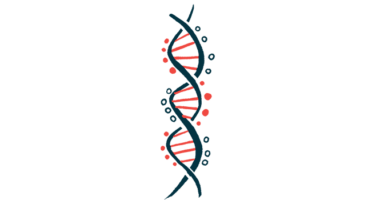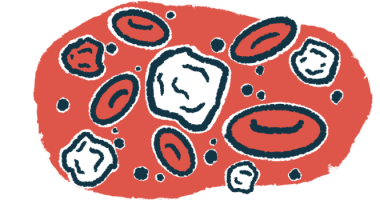Sanofi to Continue Development of Kadmon’s dcSSc Therapy After Buyout

Sanofi has entered into a merger agreement with Kadmon, which is developing belumosudil (KD025), an oral investigational treatment for people with the diffuse cutaneous form of systemic sclerosis (dcSSc).
Belumosudil, sold under the brand name Rezurock, was recently approved for patients, 12 years and older, with chronic graft-versus-host disease (cGVHD) — a condition characterized by an attack by transplanted immune cells on the host patient’s cells, causing inflammation and fibrosis (scarring) in multiple tissues.
The therapy works by blocking the ROCK2 enzyme, part of a signaling pathway that regulates inflammatory responses and pro-fibrotic processes. Belumosudil aims to suppress the altered immune system activation and multi-organ fibrosis seen in cGVHD, but also in dcSSc.
Belumosudil has shown benefits in animal models of SSc, also known as scleroderma. Based on these results, Kadmon started dosing dcSSc patients in a Phase 2 clinical trial known as KD025-209 (NCT03919799), which is currently enrolling up to 60 adult patients to evaluate the therapy’s efficacy and safety. Participants will be randomly assigned to 200 mg of belumosudil, once or twice per day, or a placebo for 28 weeks (about seven months).
The trial’s primary goal is a change in the Combined Response Index for Systemic Sclerosis (CRISS) score — a composite outcome index that includes the modified Rodnan skin score, which measures skin thickness, forced vital capacity (to assess lung function), and quality of life, based on the Health Assessment Questionnaire-Disability Index.
Following 28 weeks of treatment, eligible patients can continue in an open-label extension study for an additional 24 weeks, for a total of 52 weeks, or one year. Participants initially assigned the placebo will be randomly assigned to one of the two belumosudil doses.
Kadmon announced this year the first dosing of dcSSc patients in an open-label Phase 2 clinical trial called KD025-215 (NCT04680975), to evaluate 200 mg of belumosudil administered twice daily in up to 15 patients for one year. Again, the primary outcome will be a change in CRISS score, assessed after 24 weeks (about six months). Initial data will be presented by the end of this year, the company said.
Belumosudil has been granted orphan drug designation for SSc by the U.S. Food and Drug Administration, which is given to investigational treatments intended for rare diseases — those that affect fewer than 200,000 people in the U.S. The designation comes with tax credits for clinical testing and, if approved, seven years of market exclusivity.
“We are excited that Sanofi has acknowledged the value of Rezurock [belumosudil] and the deep potential of our pipeline,” Harlan Waksal, MD, president and CEO of Kadmon, said in a press release. “By leveraging Sanofi’s global resources and long-standing expertise in developing and commercializing innovative medicines, Rezurock is now well positioned for global accessibility, faster.”








